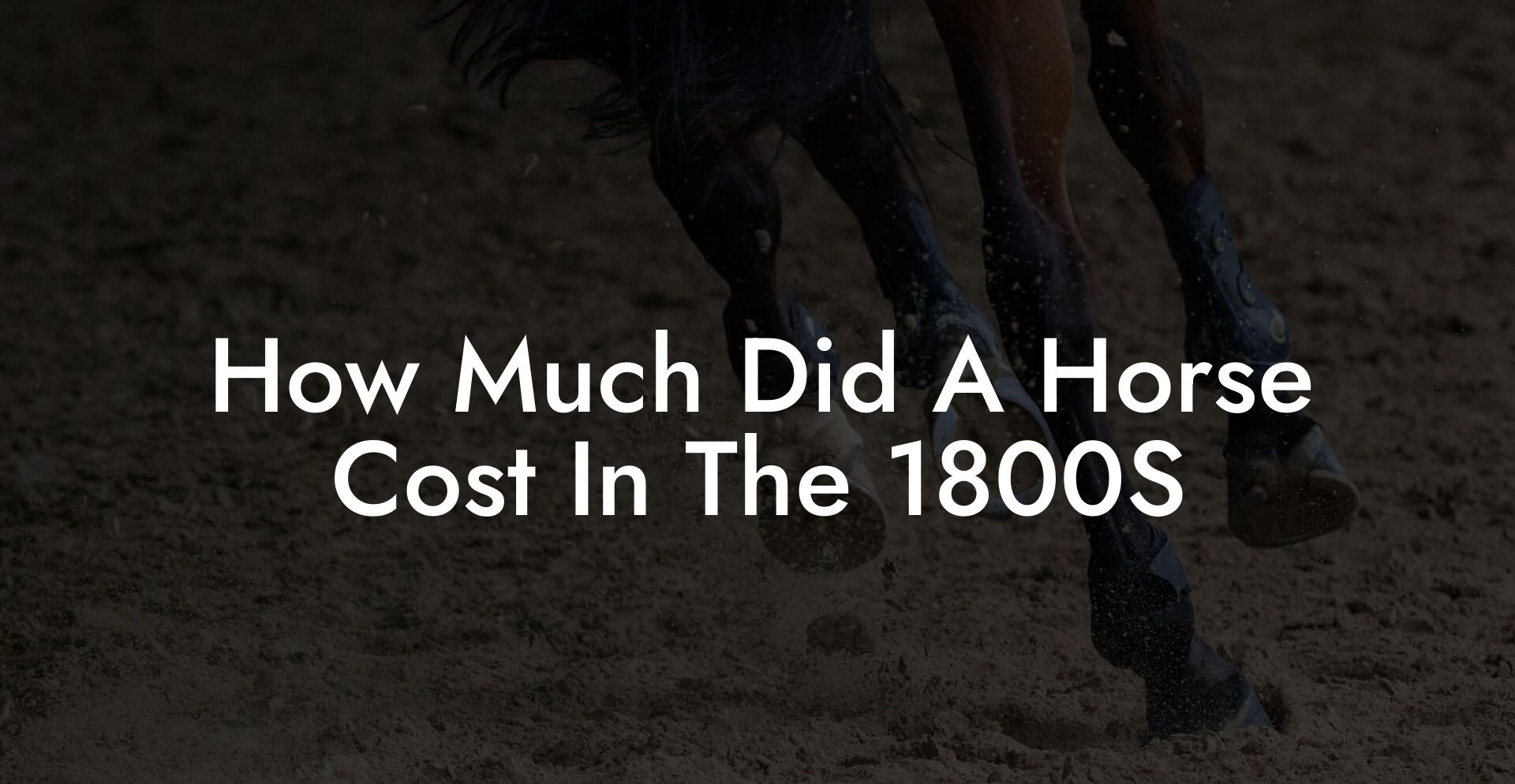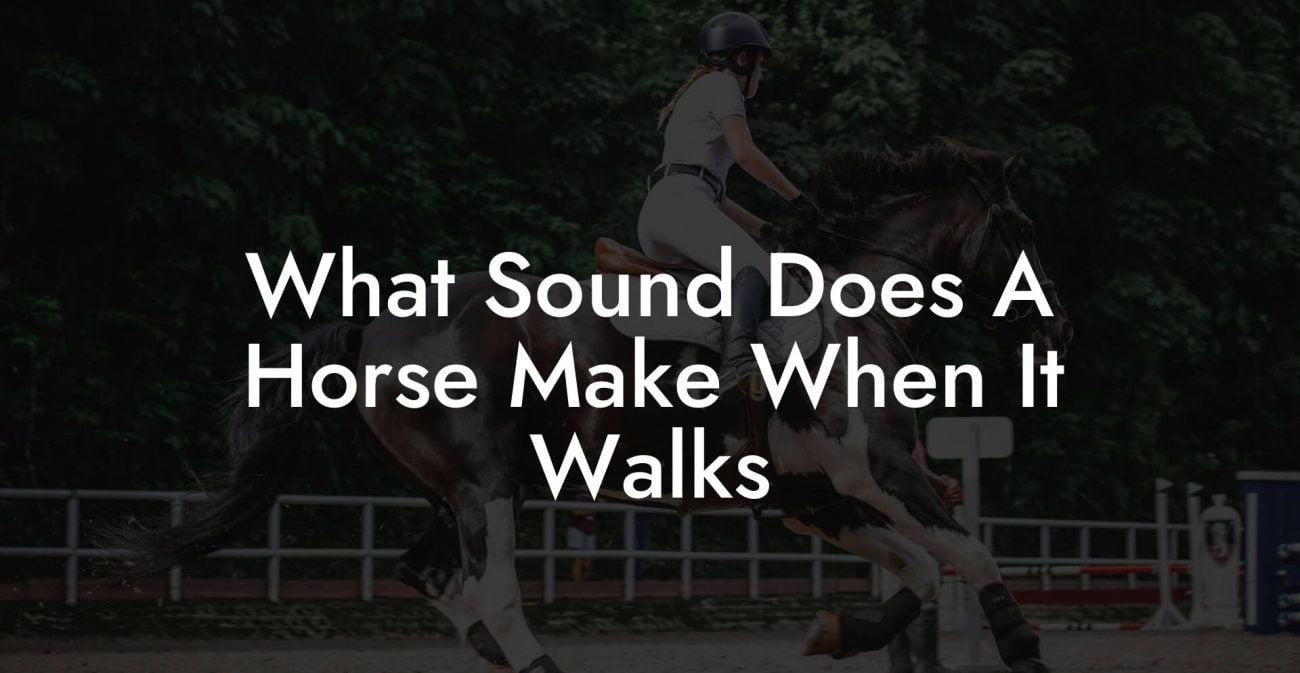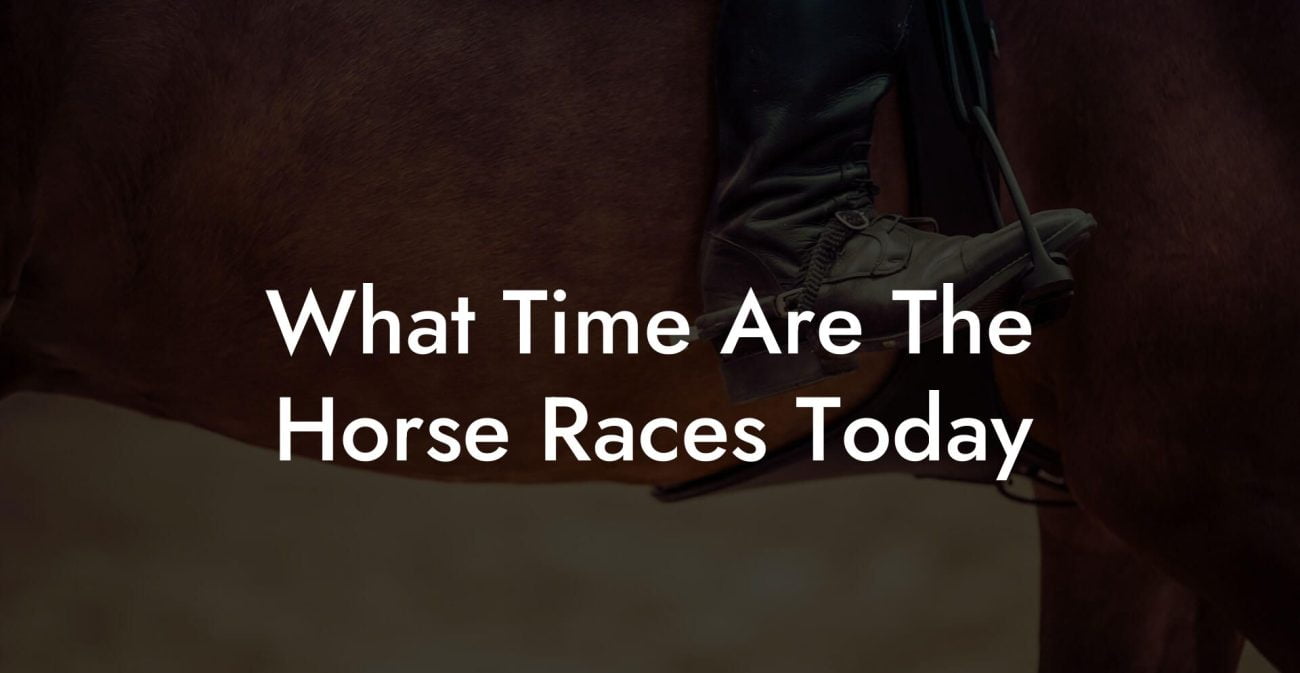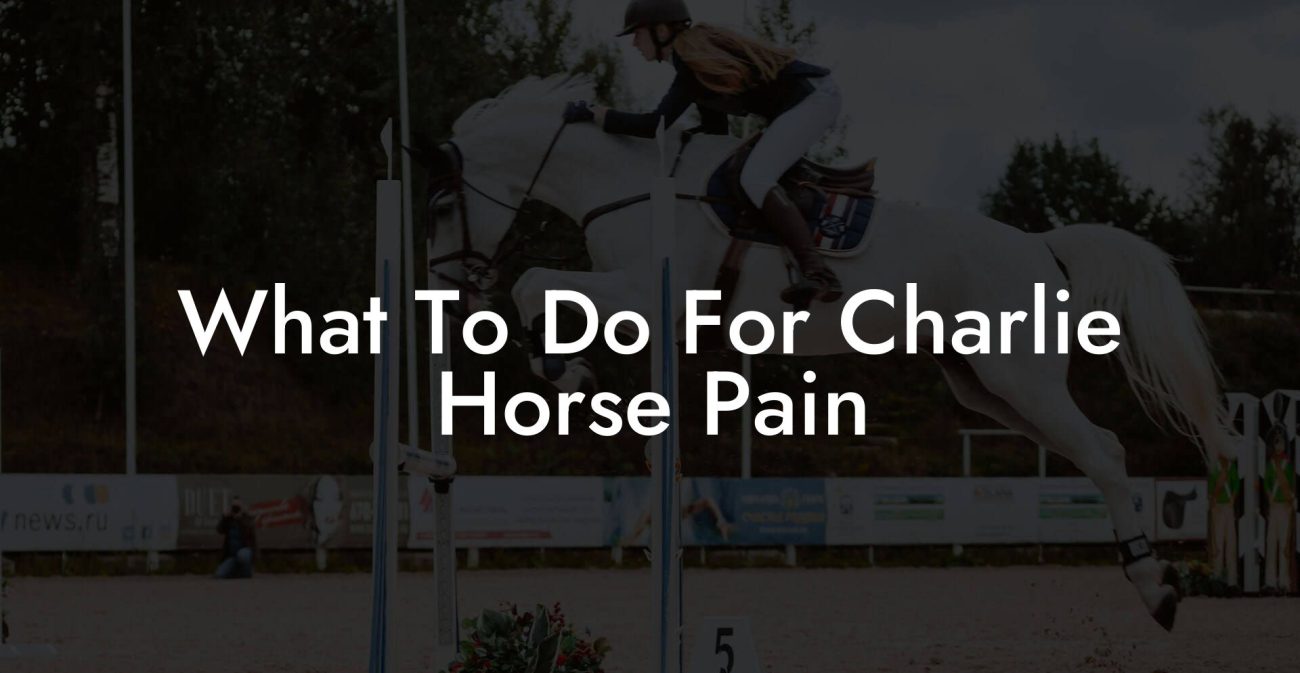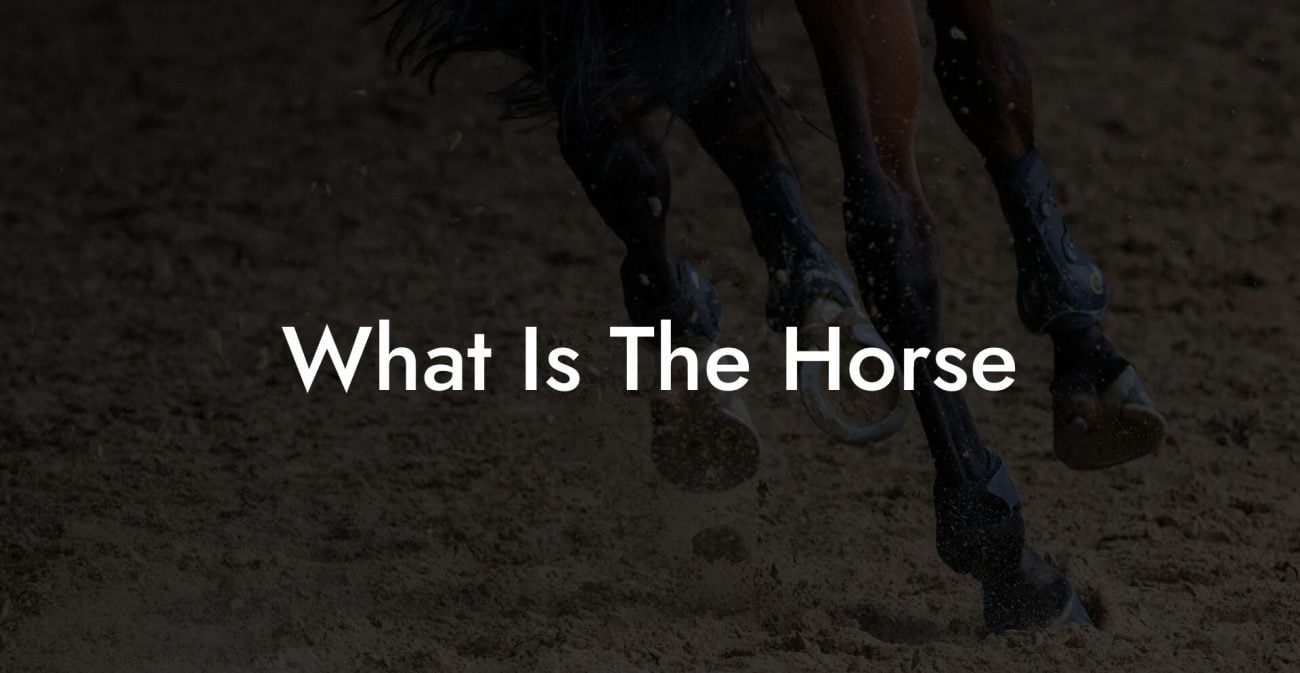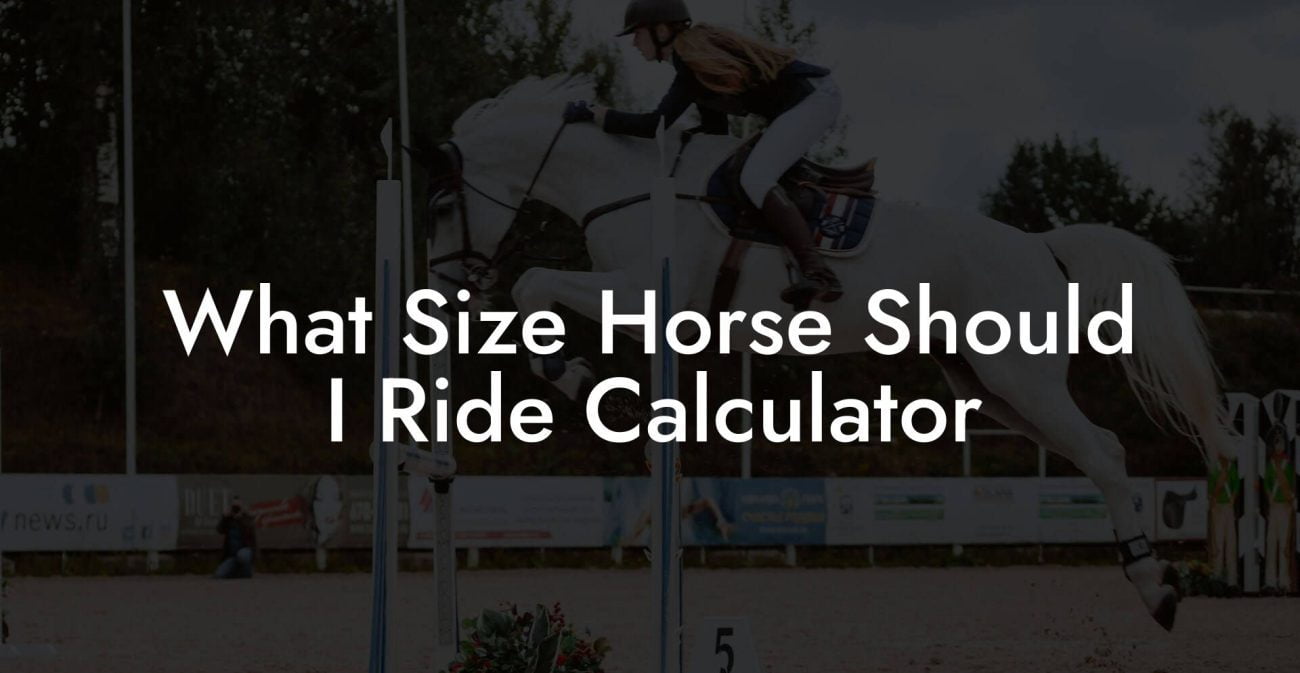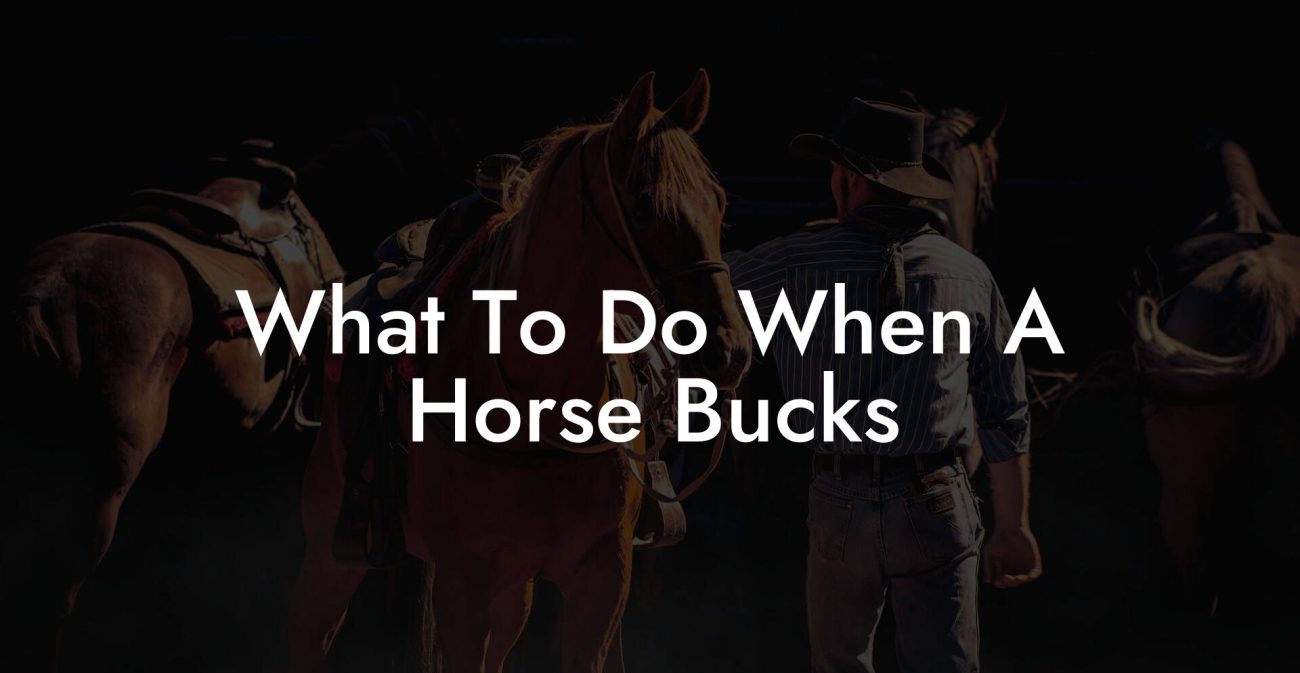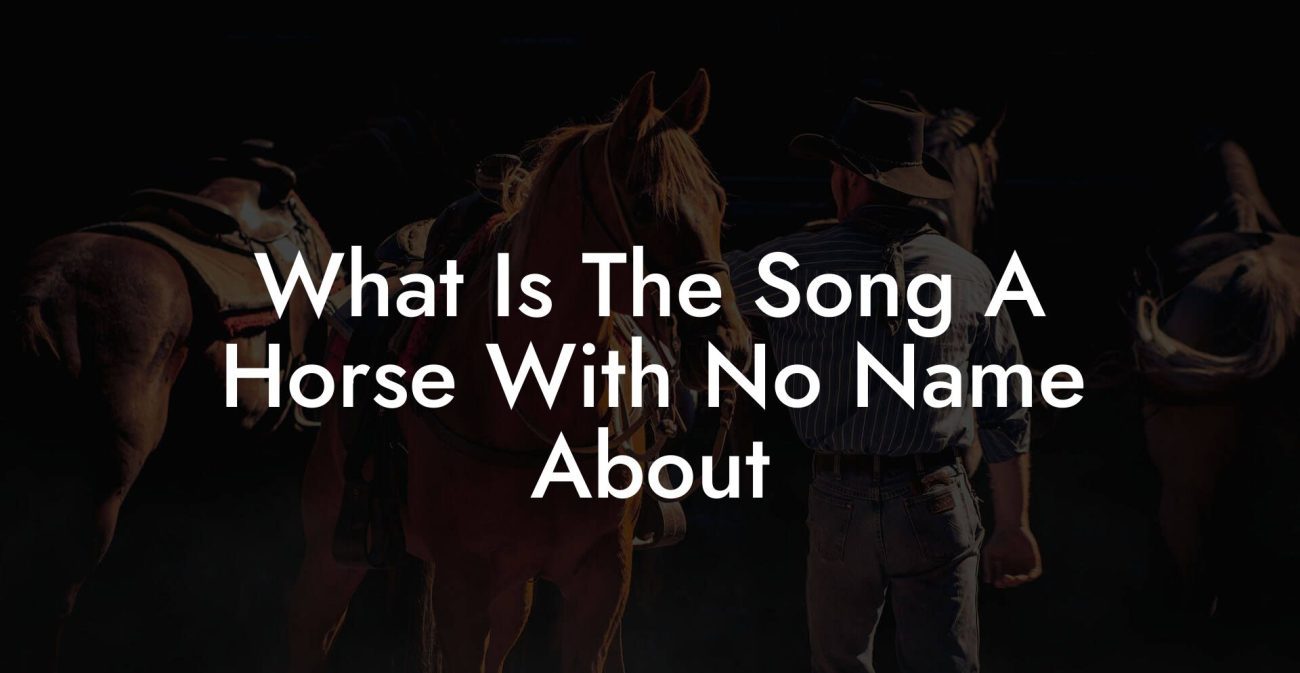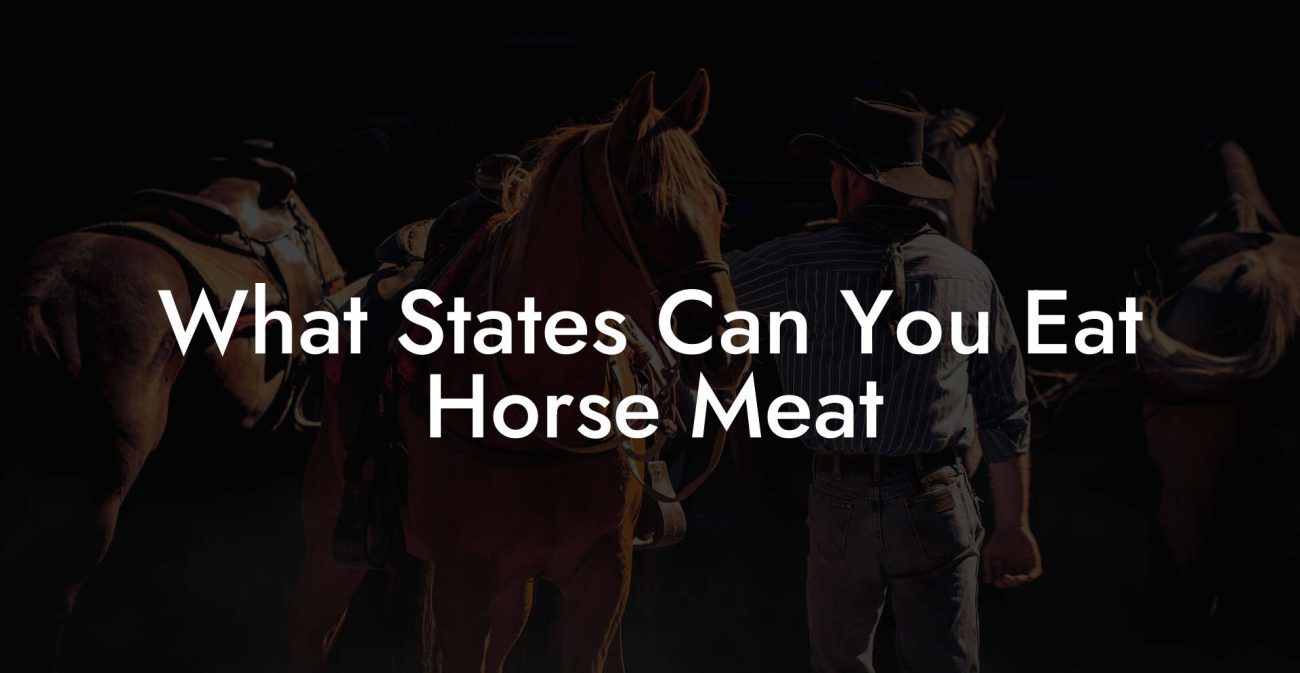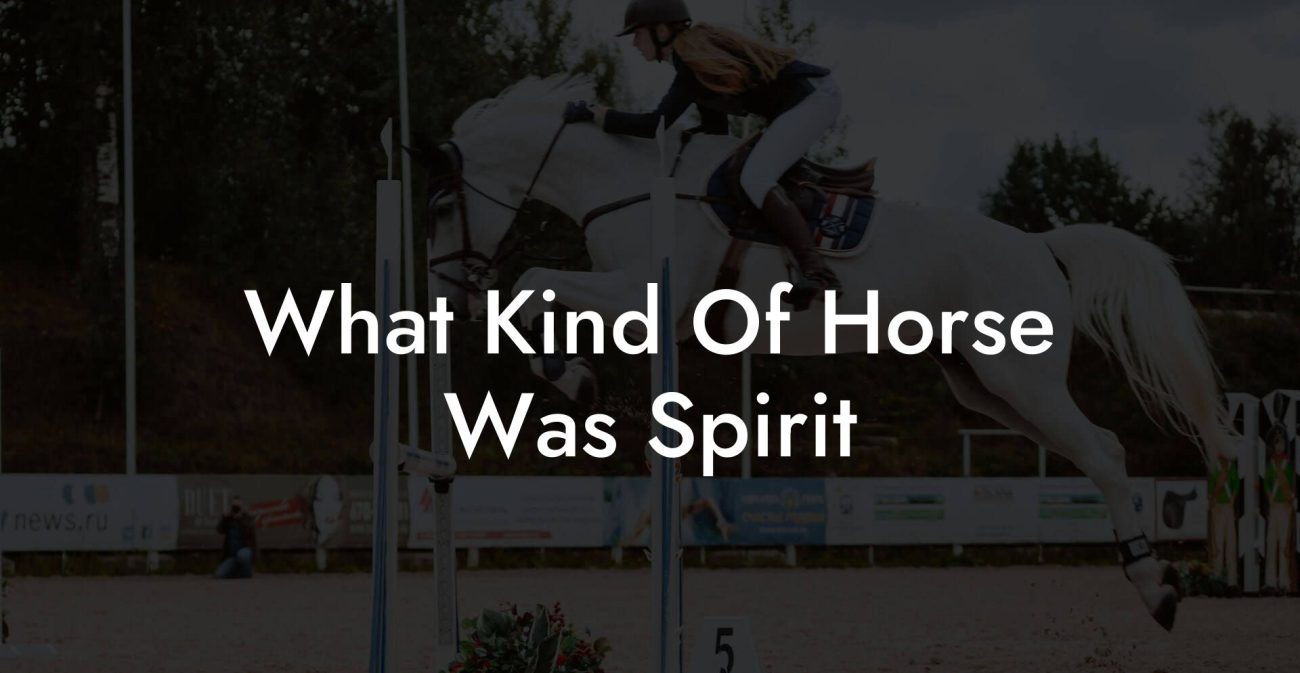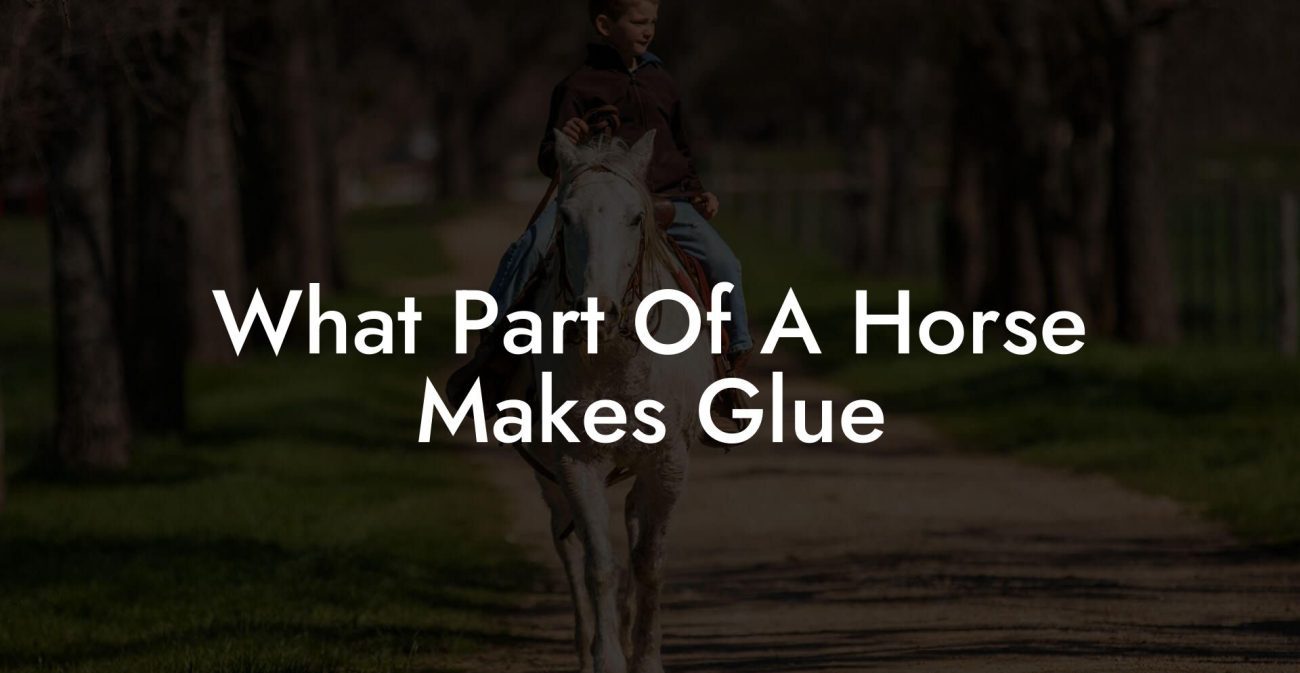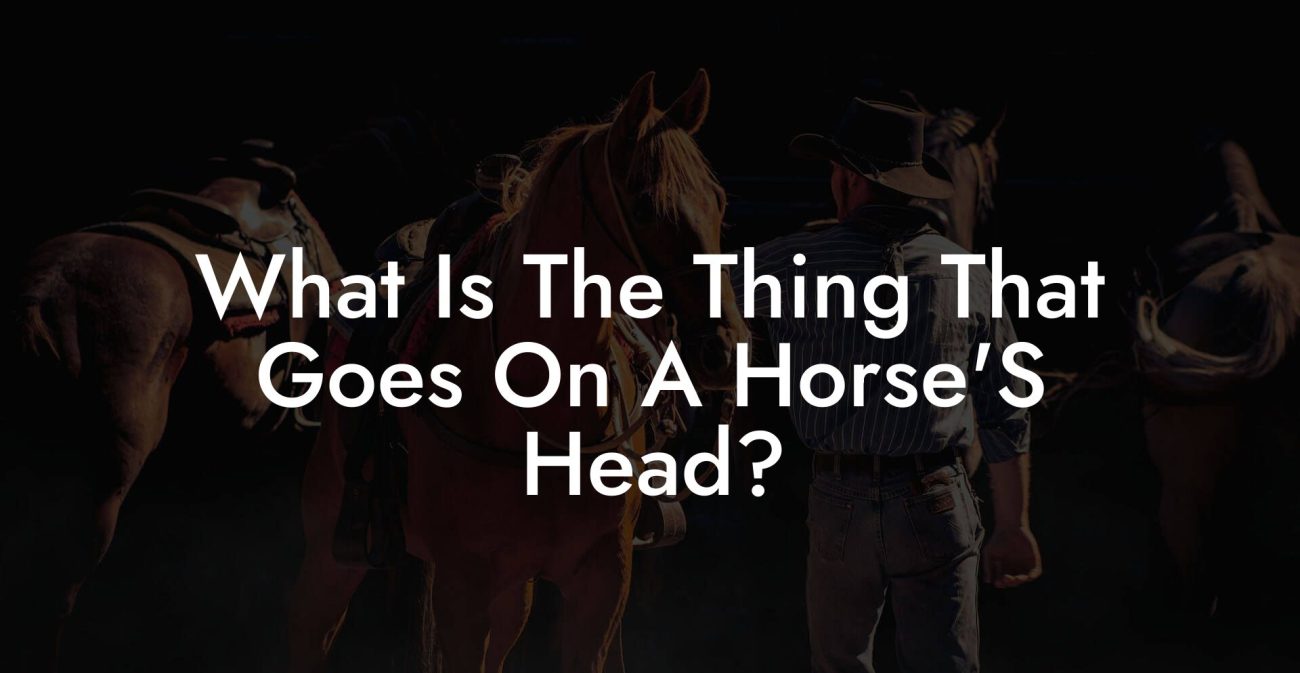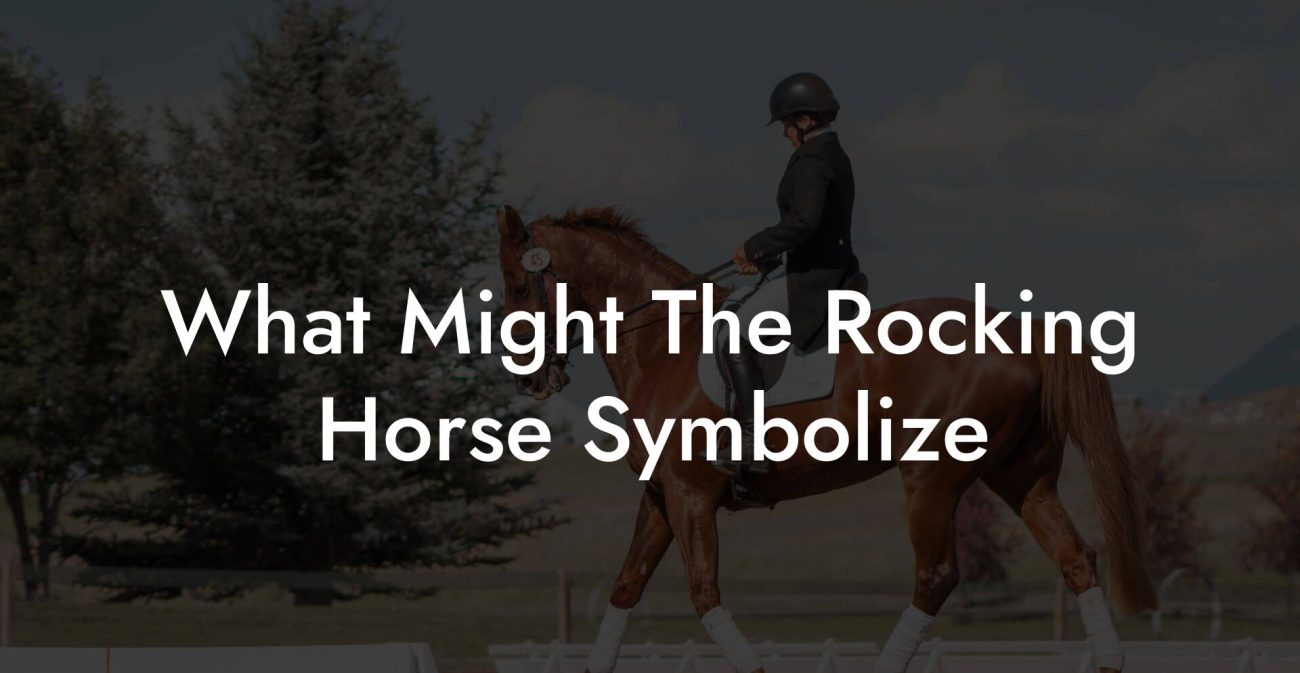Ever wondered what your buckaroo of the 1800s would have cost if you could slide a credit card instead of barter with horseshoes and corn? Step into the time machine where every clippity-clop echoes the cost of owning a majestic steed, and discover the fascinating intersection of historical economics, animal care, and a lifestyle that resonates with the free-spirited Gen Z and millennial crowd. This isn’t your typical dusty history lesson, it’s a lively journey into the past that unveils the secrets behind horse prices in the 1800s and dishes out modern, savvy tips for caring for your equine companion today.
Quick Links to Useful Sections
- The Historical Value of Horses in the 1800s: More Than Just a Ride
- Factors Affecting a Horse's Cost in the 1800s
- Breed and Bloodlines
- Age and training
- health and Condition
- Regional Economic Variations
- Purpose and Function
- Regional Variations: How Geography Dictated Horse Prices
- Economic and Social Impact of Horse Ownership in the 1800s
- Horse Care Then and Now: Bridging the Gap Between Past and Present
- Diet Over Decades
- Training Techniques: Then and Now
- Modern Horse Care: A Guide for the Savvy Rider
- Nutrition and Feeding
- Regular Veterinary Checkups
- Exercise and Training
- grooming and Hygiene
- Modern Technology in Equine Care
- Maintaining Historical Traditions in Modern Horse Care
- Resources and Community Support: Your Next Steps
- Economic Lessons for Today: Connecting the Dots Between 1800s Horse Costs and Modern Investing in Animal Care
- Exploring the Myths and Realities of 1800s Horse Prices
- Modern Equine Investment: Tips on Maximizing Your Horse’s Value
- FAQs About 1800s Horse Costs and Modern Horse Care
- Your Journey Through Time and Care: Embrace the Legacy and Innovate for the Future
The Historical Value of Horses in the 1800s: More Than Just a Ride
In the 1800s, horses were the engines of society, primarily used for transportation, agriculture, and even as a status symbol in burgeoning cities and frontier towns alike. Their value wasn’t solely measured in dollars and cents; it was interwoven with cultural significance, economic might, and the rugged spirit of an era where every ride represented freedom and opportunity.
The cost of a horse in the 1800s could vary dramatically depending on several factors, from breed and age to regional scarcity and purpose. Unlike today’s market where prices are relatively standardized, historical prices were influenced by local economy fluctuations, the horse’s intended use, and even socio-political events. A finely bred warhorse or a swift messenger horse could command different premiums compared to a hard-working draft animal.
Understanding the cost of a horse in that era offers us not only a glimpse into historical economic trends but also insightful parallels to modern equine care practices. It’s a testament to how intertwined human progress is with these noble creatures, making them a perennial symbol in the annals of history.
Factors Affecting a Horse's Cost in the 1800s
When you delve into what shaped a horse’s price in the 1800s, prepare to uncover an eclectic mix of variables that would make even the savviest Gen Z economist’s head spin. Here are some of the key factors:
Breed and Bloodlines
Much like luxury car brands today, the breed of a horse was, and still is, a major determinant of its value. Purebred horses with pedigreed bloodlines often fetched a higher price. For instance, Thoroughbreds were prized for their speed, making them popular choices for racing and cavalry duties, while draft horses were the powerhouse workhorses of farms, priced according to their strength and stamina.
Historical records indicate that horses with illustrious ancestry were seen as a long-term investment, just as modern breeders carefully manage their pedigrees to secure top-tier traits in show horses and racehorses.
Age and training
A young, untrained colt might be less expensive initially, but the cost could skyrocket with proper training and care. In contrast, an older, seasoned horse with a history of reliable performance was often seen as worth every penny, thanks to its valuable experience.
Training in the 1800s ranged from basic groundwork to advanced riding or draft training. The more refined and specialized the training, the higher the price tag attached.
health and Condition
Health was a prized commodity. Steers that boasted robust health and strong limbs were more expensive, as they were likely to be long-lasting investments on the harsh terrains of the 19th century. Regular care, diet, and the ability to withstand rigorous work were all highly valued traits.
Much like effective equine care today, which includes regular vet checkups, balanced nutrition, and proper exercise, maintaining a horse in prime health directly impacted its market value.
Regional Economic Variations
Geography played a critical role in determining prices. In regions where horses were indispensable for daily life, like rural farmlands or burgeoning Western frontiers, the demand was higher, and prices followed suit. Conversely, in areas with emerging alternative transportation systems, such as early rail networks, traditional horse prices might have seen a dip.
These regional economic differences remind us that, even today, location can affect the cost of horse ownership and the availability of quality care facilities.
Purpose and Function
What did you need your horse for? Were you planning to use it for vigorous farming, a leisurely ride through the countryside, or perhaps high-octane racing? The intended function of the horse heavily influenced its cost. Horses bred and trained for speed or battle commands a premium because they required superior attributes and training, whereas multifunctional working horses might have been more affordable.
This multifaceted purpose-based pricing illustrates an early form of market segmentation, where buyers' needs directly impacted the value of the asset.
Regional Variations: How Geography Dictated Horse Prices
In the 1800s, not all regions were created equal when it came to horse pricing. The local economy, climate, and even cultural preferences played significant roles in shaping the cost dynamics of these majestic creatures.
For instance, the vast prairies of the American West were synonymous with freedom and adventure, where horses were not just a means of transport but indispensable companions for rugged living. In contrast, the densely populated urban centers of the East valued horses for their role in commerce and industry, leading to a different pricing strategy based on utility and status.
In Europe, too, the stories diverged, racing and aristocratic carriage horses were a breed apart from the hardy workhorses of the countryside. The differences in terrain, infrastructure, and agricultural practices created a mosaic of pricing models.
These regional disparities provide modern equine enthusiasts with a historical lesson: the importance of adapting horse care and management strategies to match local environmental conditions. Whether it’s adjusting feeding practices in a humid climate or selecting appropriate exercise routines for a cooler, breezier locale, historical insights can inform contemporary care imperatives.
Economic and Social Impact of Horse Ownership in the 1800s
Beyond economics, horses in the 1800s were symbols of social status and cultural identity. Possessing a well-bred, high-quality horse was often an emblem of wealth, power, and sophistication. The horse was more than just an animal, it was a statement.
In rural areas, a sturdy draft horse was the backbone of farm operations, essential for plowing fields, hauling crops, and transporting goods. In urban centers, elegant carriage horses graced the streets, showcasing the owner's refined taste and modernity. The ripple effects of horse ownership also extended to industries like blacksmithing, saddlery, and horse training, making it a cornerstone of the 19th-century economy.
This legacy of equine influence resonates today. Modern riders and horse enthusiasts continue to celebrate the close bond between humans and horses through competitive sports, recreational riding, and community events. And while the economics have shifted over the centuries, the cultural and emotional impact of horse ownership remains as robust as ever.
Horse Care Then and Now: Bridging the Gap Between Past and Present
The techniques for caring for horses in the 1800s might appear rudimentary compared to today’s sophisticated veterinary practices, but they were borne out of necessity and hard-earned experience. Horses back then were tended to by skilled hands who understood the animal’s body, behavior, and the importance of a balanced diet, even if that diet consisted mainly of hay, oats, and water from a well.
Fast forward to the present, and modern horse care has evolved into a science and an art. From advanced nutritional plans and veterinary therapeutics to state-of-the-art training equipment and digital health monitoring, today’s equine care strategies build on a rich historical foundation while embracing innovation.
Diet Over Decades
In the 1800s, the diet of a horse was mainly dictated by locally available resources, grains, fresh hay, and seasonal forage. There was little room for supplementation, and feeding practices were often based on tradition and observation. Now, equine nutrition is a specialized field. Modern riders and caretakers have access to scientifically formulated feeds, supplements designed to boost performance, and nutrition plans tailored specifically to different breeds, ages, and activity levels.
Training Techniques: Then and Now
Training practices have also undergone a remarkable transformation. While early trainers relied on repetitive tasks and stringent discipline, today’s methods emphasize positive reinforcement, psychological understanding, and a deeper insight into animal behavior. Gen Z and millennial riders, in particular, value a balanced approach that respects the animal’s well-being while also pushing for optimal performance.
These modern techniques ensure that horses not only perform at their best but also enjoy a higher quality of life, a primary goal for care enthusiasts in any era.
Modern Horse Care: A Guide for the Savvy Rider
Whether you’re a student of history or an avid horse rider, caring for your horse today calls for a blend of time-tested practices and contemporary innovations. Here are some key tips to ensure your horse thrives while keeping that historical spirit alive:
Nutrition and Feeding
Just as nourishment was vital in the 1800s, modern horses require a balanced diet. Invest in high-quality forage and complements such as grains, vitamins, and minerals specifically designed for equine health. Work with a veterinarian or an equine nutrition specialist to tailor a feeding program that meets your horse’s individual needs.
Remember, hydration is key, adequate water intake can prevent colic and ensure your horse stays fit, much like the well-watered steeds of yesteryear.
Regular Veterinary Checkups
Even though historical caretakers relied on traditional remedies and folk wisdom, today’s advances in veterinary medicine help detect and prevent issues before they become serious. Schedule regular checkups, vaccinations, and dental care to maintain optimal health.
Exercise and Training
Exercise routines should mirror the natural movement of horses. Incorporate a mix of warm-up routines, steady trotting, and cool-down stretches. Whether you’re trail riding or competing in equestrian events, a consistent training schedule will enhance your horse’s performance while ensuring its well-being.
grooming and Hygiene
Grooming is not just about aesthetics, it also enables early detection of potential health issues like skin problems or injuries that may go unnoticed amid the bustle. Regular brushing, bathing, and hoof maintenance will keep your horse looking and feeling its best.
Modern Technology in Equine Care
Embrace technology to streamline your horse care routine. Today’s smart tools, from wearable trackers to mobile apps that monitor your horse’s vital signs, provide real-time data to simplify managing your equine friend’s health. These innovations are the modern equivalent of the time-honored practices that have sustained horse care throughout history.
Combining tradition with innovation, modern horse care is all about creating a holistic lifestyle, one that honors the legacy of the 1800s while paving the way for a sustainable future.
Maintaining Historical Traditions in Modern Horse Care
While technology and modern practices have revolutionized horse care, many equestrians cherish the historical traditions that have been passed down through generations. From the art of hand grooming to the meticulous care of leather tack, these traditions provide a rich cultural context that reinforces the bond between humans and horses.
Embracing these time-honored practices doesn’t mean you have to forgo modern advancements. In fact, blending the two can lead to a more comprehensive care routine that acknowledges the wisdom of the past while leveraging the benefits of the present.
Whether you’re learning how to saddle a horse using traditional methods or integrating digital tools to track performance, you’re part of a vibrant community that values both history and innovation.
Resources and Community Support: Your Next Steps
Ready to dive deeper into the dynamic world of equine history and modern horse care? Whether you’re a seasoned rider or just starting out, tapping into a community of like-minded enthusiasts can offer invaluable insights, support, and even a few laughs along the way.
First up, check out online forums and social media groups dedicated to equine history and care. Platforms like Facebook groups, Reddit communities, and Instagram pages curated by professional equestrians are treasure troves of tips, DIY feeding recipes, and personal anecdotes that bridge the gap between the past and present.
Additionally, consider attending local horse shows, vintage fairs, or historical reenactments. These events not only provide inspiration but also an opportunity to network with experts in both modern veterinary care and historical horse training techniques.
Books, podcasts, and YouTube channels that delve into both the practical aspects of horse care and the rich history of equine life in the 1800s are great ways to expand your knowledge base. Whether you’re learning about the intricacies of traditional tack making or the latest breakthroughs in equine therapy, every resource adds value to your riding journey.
By combining historical wisdom with contemporary insights, you create a holistic approach to horse care that is both grounded in tradition and ready for the future. So, roll up your sleeves, join the conversation, and let your passion for equine excellence flourish in a community that’s as vibrant, informed, and forward-thinking as you are.
Economic Lessons for Today: Connecting the Dots Between 1800s Horse Costs and Modern Investing in Animal Care
The historical cost of horses in the 1800s is more than just an intriguing factoid, it offers modern equestrians a masterclass in investing wisely in animal care. Back then, purchasing a horse was a substantial financial decision that required careful consideration of several factors, such as breed, age, regional influences, and intended use. Today, while the currencies may have changed, the principle remains the same: investing in quality care delivers long-term benefits.
Just as smart buyers once sought horses that would provide years of reliable service, modern horse owners prioritize health, performance, and longevity. By understanding and acknowledging the economic principles of the past, you can make informed decisions that optimize your investment, whether that means choosing premium feed, advanced veterinary solutions, or personalized training programs.
In many ways, the art of equine investment has evolved into a holistic lifestyle approach, a blend of history, economics, and compassionate care that ensures your horse not only performs at its peak but also prospers emotionally and physically.
Exploring the Myths and Realities of 1800s Horse Prices
Over the years, many myths have grown around the cost of a horse in the 1800s. From exaggerated tales of lavish spending by the wealthy to misconceptions about the affordability of hard-working draft horses, separating fact from fiction requires a deep dive into historical records and economic data.
Reliable sources, ranging from archived auction records, agricultural reports, and firsthand accounts, reveal that horse prices were as diverse as the horses themselves. For instance, horses in booming economic hubs like New York or London fetched a premium, while rural regions with abundant supply often enjoyed lower prices.
Modern researchers and equine historians continue to unearth fascinating details of these price dynamics, offering insights that can even inform today’s market trends for pedigree horses and specialty breeds. So, the next time someone drops a historical horse cost factoid, you can confidently debunk or confirm it with a well-rounded perspective.
Modern Equine Investment: Tips on Maximizing Your Horse’s Value
Just as historical buyers recognized the high stakes of horse ownership, today’s equestrians are more invested than ever in optimizing their animal’s performance and well-being. Beyond the immediate financial costs, owning a horse today often implies a comprehensive approach to health, training, and continuous improvement, a philosophy that rings true across the generations.
Here are some actionable tips for maximizing your horse’s value:
- Regular Checkups: Schedule consistent veterinary visits to catch any issues before they become costly problems.
- Personalized Nutrition: Invest in high-quality feed and supplements to support endurance, growth, and overall performance.
- Quality Training: Consider working with professional trainers who utilize modern techniques that respect your horse’s natural abilities while encouraging improvement.
- Maintenance and Grooming: A well-groomed, healthy horse not only performs better but also retains a higher market value should you decide to sell or compete.
- Technological Integration: Leverage wearable technology and health monitoring tools to gain real-time insights into your horse’s performance and well-being.
Investing in these areas not only enhances your horse’s quality of life but also builds a lasting bond founded on care, trust, and mutual respect, a timeless approach that dates back to the 1800s and continues to drive excellence in modern equine management.
FAQs About 1800s Horse Costs and Modern Horse Care
Curious about how historical horse prices compare to today’s market trends? Wondering about the best care practices passed down through generations? Check out these frequently asked questions that tackle everything from the economics of the past to the nuances of modern equine well-being:
1. How much did a horse typically cost in the 1800s?
In the 1800s, a horse’s price varied greatly based on factors like breed, age, training, and region. You could find working horses for as little as $50, while top-tier warhorses, racing horses, or prized carriage horses could cost several hundred dollars.
2. What were the main factors influencing a horse’s price back then?
Key factors included breed purity, age, health, training level, and regional demand. Additionally, the intended purpose of the horse, whether for labor, transportation, or sport, played a significant role in determining its cost.
3. Were there notable regional variations in horse pricing?
Absolutely. Areas where horses were essential for daily work or where supply was limited tended to have higher prices, whereas regions with abundant supply often saw lower costs.
4. How do historical horse costs compare to modern expenses?
While direct comparisons are challenging due to changes in currency value and inflation, modern equine care certainly requires a higher overall investment, not just in the purchase price, but also in veterinary care, nutrition, training, and maintenance.
5. What can modern horse owners learn from historical care practices?
Historical techniques emphasize the importance of robust nutrition, regular exercise, and attentive care, all principles that still underlie modern veterinary practices and daily management routines.
6. How can I balance traditional and modern horse care methods?
A balanced approach involves incorporating time-tested traditions, such as regular grooming and attentive handling, with modern technologies like digital health monitoring and specialized nutritional supplements.
7. What resources are available for enthusiasts wanting to learn more about historical horse care?
There are numerous books, documentaries, online forums, and museum archives that explore equine history and evolution of care practices, from classic texts on horsemanship to modern guides on equine wellness.
8. Is there a community where I can connect with others interested in both horse history and modern care?
Yes, online platforms like dedicated Facebook groups, Reddit threads, equine blogs, and local equestrian clubs provide spaces to exchange ideas, share experiences, and learn about both historical perspectives and contemporary techniques.
Your Journey Through Time and Care: Embrace the Legacy and Innovate for the Future
The narrative of horse prices in the 1800s isn’t merely a historical record, it’s an evolving dialogue between the past and present, an enduring reminder of the value of tradition, innovation, and mindful care. By exploring how much a horse cost back then, you not only unlock fascinating insights into economic history but also discover lessons that enrich the modern practice of horse care.
As you embark on your journey, whether you’re a rider, a historian, or an equine enthusiast eager to blend old-world charm with new-age techniques, remember that every gallop, every grooming session, and every attentive moment adds to the legacy of compassionate care. You’re not just investing in an animal, you’re investing in a tradition of stewardship passed down through generations.
Embrace the fascinating economics of the 1800s, apply the wisdom of historical practices, and combine them with modern innovations to create a care routine that stands the test of time. Your pursuit of excellence in equine care is a tribute to the spirit of an era when horses were the heartbeat of society, a timeless lesson that continues to inspire and empower.
So gallop forward with confidence, knowing that the legacy of the past enriches every stride you take today. Whether you’re managing your horse’s diet with precision, harnessing cutting-edge technologies for health monitoring, or simply soaking in the nostalgic spirit of the 19th century, your journey is a celebration of both history and modern ingenuity.
Let this unique blend of economic history and contemporary care keep your passion ignited and your horse thriving. The road ahead is as limitless as the open plains of the 1800s, ride with pride, care with compassion, and stay forever curious about the stories that shape the equine world.

